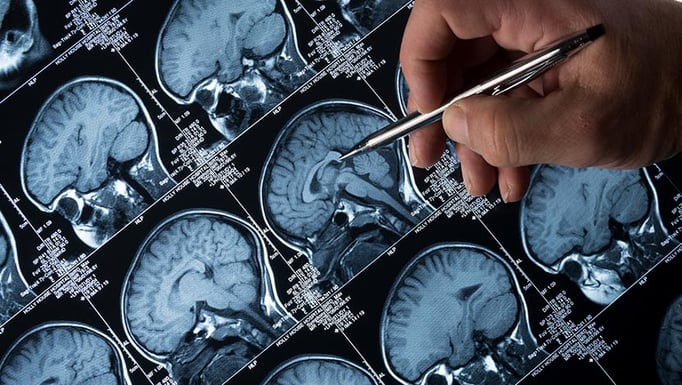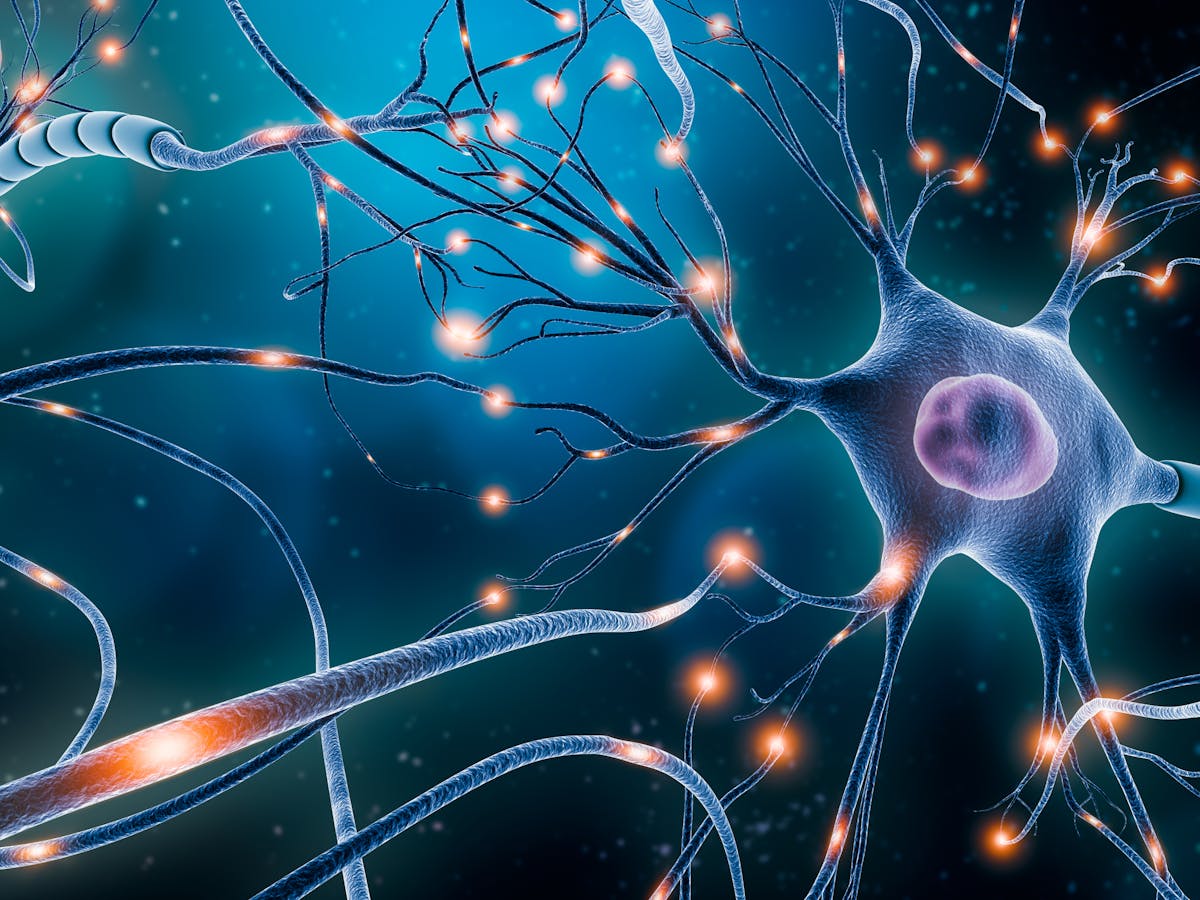Epilepsy
Many people are diagnosed with epilepsy every day, and there are many famous people with epilepsy. If you or someone is suffering from multiple sclerosis seizures you may find this information helpful.
What is Epilepsy?
The neurological condition of epilepsy is characterized by aberrant brain activity that results in seizures or episodes of strange behavior, sensations, and occasionally loss of consciousness.
Epilepsy can strike any person. Men and women of different ages, races, and cultural backgrounds can develop epilepsy.
Various signs of seizures can occur. During a seizure, some epileptics just stare blankly for a brief period of time, while others continuously jerk their limbs or legs. One seizure may not necessarily indicate epilepsy. A diagnosis of epilepsy typically requires at least two unprovoked seizures that occur at least 24 hours apart from one another.
For most epilepsy patients, treatment with drugs or occasionally surgery can control seizures. Some patients need ongoing care.
Symptoms of Epilepsy
Seizures can disrupt any brain-coordinated process since epilepsy is brought on by aberrant brain activity. Some seizure warning signs and symptoms include:
- temporary perplexity
- a bout of staring
- rigid muscles
- jerky, uncontrollable arm, and leg movements
- loss of awareness or consciousness
- psychological signs like worry, terror, or déjà vu
The type of seizure determines the specific symptoms. The symptoms will be consistent from episode to episode since, in the majority of situations, a person with epilepsy tends to experience the same sort of seizure every time.
According to how and where the aberrant brain activity starts, doctors typically categorize seizures as either focal or generalized.
Focal seizures
Seizures are referred to as focal seizures when they seem to be caused by abnormal activity in just one part of your brain. There are two types of these seizures:
- Seizures in a single area without losing consciousness. These seizures, which were once known as simple partial seizures, don't result in unconsciousness. They may modify feelings or affect how objects appear, feel, sound, or smell. Some people have déjà vu. Additionally, this kind of seizure can cause an uncontrollable jerking of one body part, like an arm or leg, as well as spontaneous sensory sensations including tingling, vertigo, and flashing lights.
- Focal seizures accompanied by altered awareness These seizures, which were once known as complex partial seizures, include a shift or loss of consciousness or awareness. This kind of seizure could appear to be
Generalized Seizures
Generalized seizures appear to affect all parts of the brain and are distinguished from focal seizures. Generalized seizures come in six different varieties.
- Seizures when away. Petit mal seizures also referred to as absence seizures, usually affect young children. They only endure for 5 to 10 seconds and are characterized by blank stares, with or without slight body movements like eye blinking or lip smacking. These seizures can happen in clusters, up to 100 times per day, and they can briefly render a person unconscious.
- Tonic convulsions Muscles become tight during tonic seizures, and consciousness may be impacted. Your back, arms, and legs are typically affected by these seizures, which might make you lose your balance and fall to the ground.
- Atonic convulsions Muscle control is lost during atonic seizures, commonly referred to as drop seizures. You frequently collapse or drop to the ground as a result of this since it most frequently affects the legs.
- Seizures with clonus. Clonic seizures are characterized by jerking, repetitive, or rhythmic muscular movements. The arms, face, and neck are typically affected by these seizures.
- The upper torso, arms, and legs are typically affected by myoclonic seizures, which typically present as quick, short jerks or twitches.
- Seizures with tonic clonus. The most severe kind of epileptic seizures are tonic-clonic seizures, also referred to as grand mal seizures. They may also cause the body to jerk, twitch, or shake, as well as an abrupt loss of consciousness. Sometimes they make you lose control of your bladder or make you bite your tongue.
When to seek a doctor's medical attention?
Immediately seek medical attention if any of the following take place:
- More than five minutes pass throughout the seizure.
- After the seizure has ended, neither consciousness nor breathing has returned.
- A second seizure immediately follows.
- Your fever is very high.
- You are expecting.
- You're diabetic.
- During the seizure, you hurt yourself.
- Despite using anti-seizure medication, you still get seizures.
How to treat Epilepsy?
Seizures are normally treated by a medical professional with prescribed medication such as Divalproex and, Keppra also know as Levetiracetam.
Consult a doctor if it's your first time having a seizure.
Learn more about Diseases - Infections & Viruses.



.jpg)

.jpg)





.jpg)



No comments:
Post a Comment